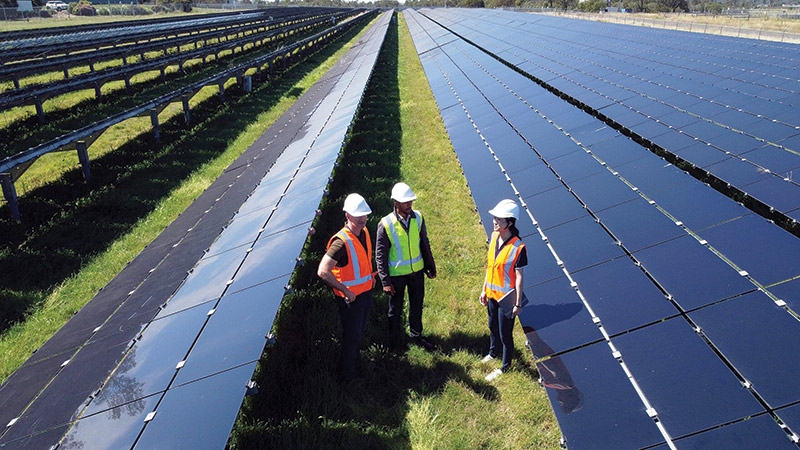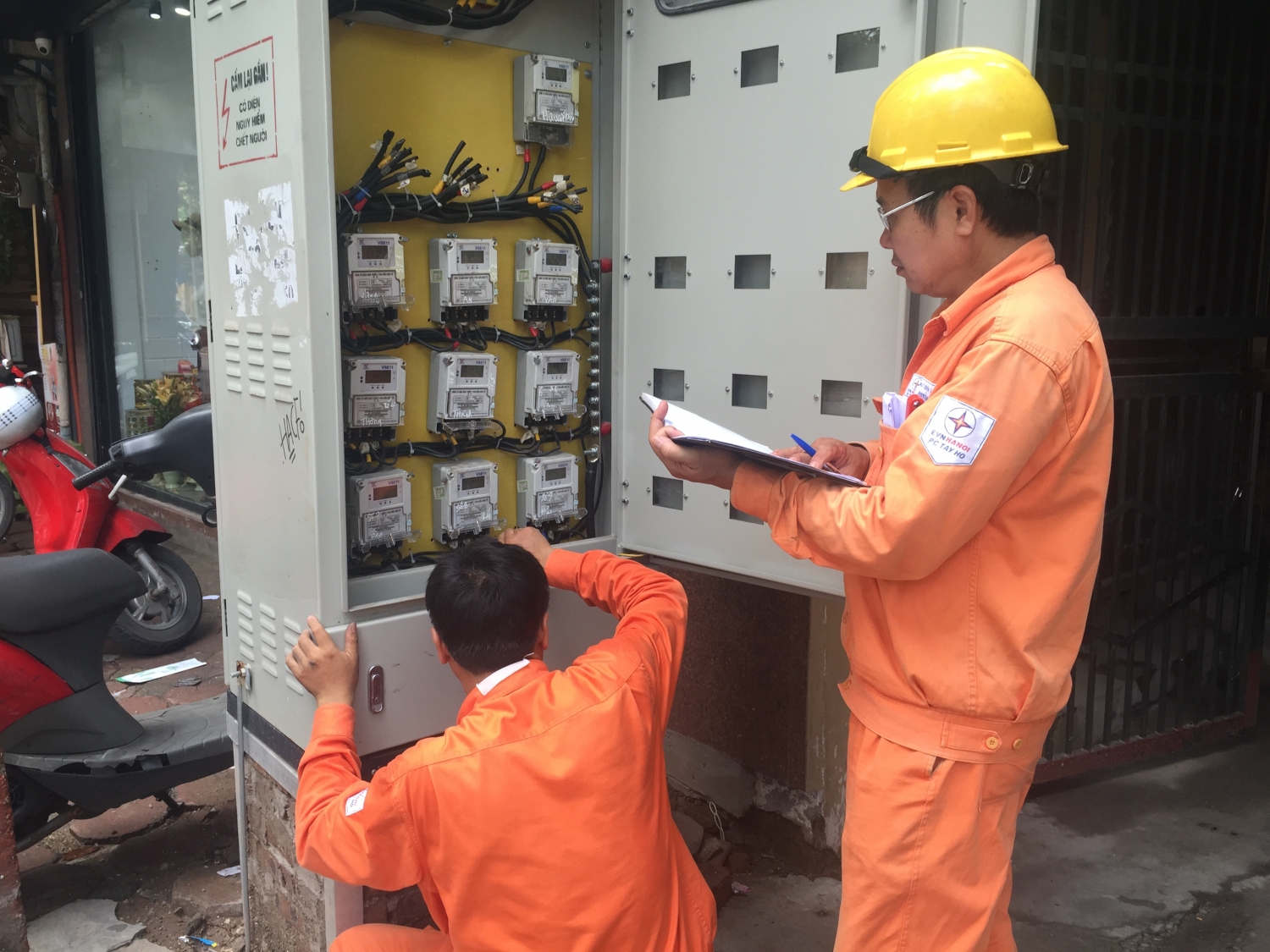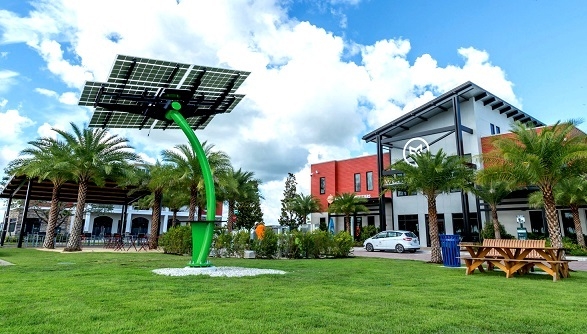(Credit: PetroTimes) - Recently, as part of the current trend of the global energy transition, Vietnam is one ...
(Credit: PetroTimes) - Recently, as part of the current trend of the global energy transition, Vietnam is one of the countries committed to reducing greenhouse gas emissions with the goal of becoming a net-zero country by 2050. To achieve the above goal, it is imperative to develop a fast and robust renewable energy system.
First of all, it is necessary to affirm that to implement the energy transition, it takes a long process, a huge amount of work and the participation of the entire political system, businesses and citizens.
 France has enacted a law to promote renewable energies.
France has enacted a law to promote renewable energies.
In Government Resolution 140/NQ-CP: Promulgating the Government Action Plan to implement Politburo Resolution 55-NQ/TW on the direction of Vietnam’s National Energy Development Strategy to 2030, The 2045 vision identified the following requirements: “Research and develop renewable energy laws”.
The Ministry of Industry and Trade also said that the study of the development of a renewable energy law will require a lot of time and requirements for the government’s 2021-2025 deadline. Many experts also agreed and highlighted issues that require attention and research so that renewable energies do not «miss the pace», grow to the extent of Vietnam’s potential and benefits, actively contribute to energy security and minimize greenhouse gas emissions.
To develop renewable energies, it is necessary to calculate the balance and reasonableness of the power structure. This balance will determine the price of electricity, so it will affect the entire economy of our country, especially the entire life of the population. Here it is necessary to frankly acknowledge some of the past issues regarding gains and losses when deciding to develop renewable energy development policies.
 The electricity tariff policy is an important element for the development of renewable energies
The electricity tariff policy is an important element for the development of renewable energies
In recent years, Vietnam has been one of the leading countries in the development of renewable energies (wind energy, solar energy). However, the rapid development of renewable energy and the sharp fluctuations in the raw materials of fossil energy sources such as coal and oil have disrupted the balance of electricity prices, losing Vietnam Electricity’s ability to “manage” and sustain losses.
The most important and transversal objective of our party’s and state’s electricity tariff policy is that all peoples have access to electricity, develop the economy and improve the quality of life. Therefore, the assignment of Vietnam Electricity to implement electricity transmission projects in mountainous and island areas, by offsetting prices for households in the form of policies and poor households in difficulty despite the anticipation of capital recovery and compensation for losses, is very important.
In order to develop renewable energies, it is necessary to draw up laws, make land and sea surface plans, attract capital, encourage companies to buy technologies to manufacture turbines, supports, propellers... After all, these are “technical” issues and we have a right to be sure that we will. But perhaps the experts have forgotten what the initial objective of the energy transition is, the development of renewable energies.
 Green and clean cities are the legitimate needs of the population
Green and clean cities are the legitimate needs of the population
This world is overloaded because of human production and daily activities with millions of tons of CO2, billions of tons of waste can not be «digested». Vietnam is no exception but can also be exacerbated by the rapid urbanization of a developing country
Therefore, although there is no renewable energy law, promulgation of mechanisms and policies to develop wind and solar energy is very necessary. This is even more important for offshore wind with great potential and benefits, but it is a new field and has many features compared to onshore wind.
Via PetroTimes